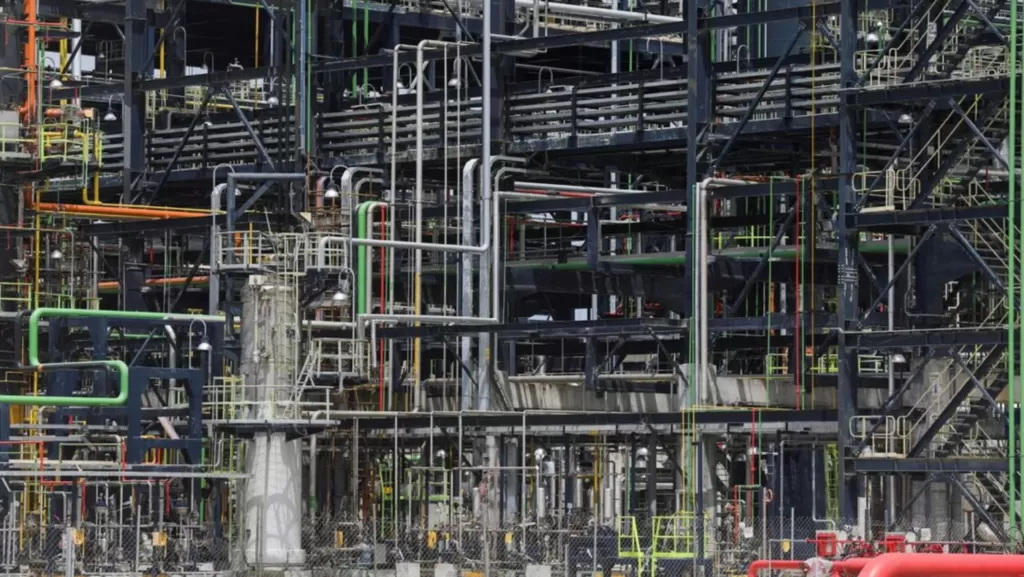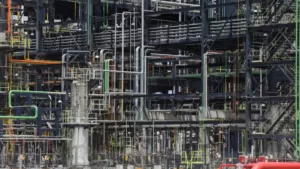Will Fuel Price Reduce, Nigerians React as Port Harcourt Refinery Begins Operations

The recent announcement that the Port Harcourt Refinery has commenced operations has sparked a heated debate among Nigerians, with many wondering if the development will lead to a reduction in fuel prices.
The Port Harcourt Refinery, which has a combined capacity of 210,000 barrels per day, was shut down for five years before undergoing a $1.5 billion rehabilitation exercise. The refinery’s restart is expected to improve Nigeria’s local refining capacity and reduce the country’s reliance on imported petroleum products.
Video: Port Harcourt Refinery Commences Crude Oil Processinghttps://t.co/4PzdpYPrDU pic.twitter.com/RHnpWz6CMf
— Inside Pitakwa (@PitakwaNews) November 26, 2024
Nigerians React
Nigerians took to social media to express their thoughts on the development, with some asking if the operationalization of the refinery would lead to a decrease in fuel prices. While some were optimistic that the refinery’s restart would lead to a reduction in fuel prices, others were skeptical.
“I hope this will lead to a reduction in fuel prices,” tweeted @Olaoluwa. “We’ve been paying too much for fuel for too long.”
“I don’t think the refinery’s restart will lead to a significant reduction in fuel prices,” countered @Bamidele. “The cost of fuel is determined by global market forces, not by local refining capacity.”
Expert Analysis
Some experts believe that the coming onstream of both Port Harcourt and Dangote refineries may lead to some marginal reduction in the cost of fuel. However, others argue that the refinery’s restart may not necessarily lead to a significant reduction in fuel prices.
“The restart of the Port Harcourt Refinery is a positive development, but it’s unlikely to lead to a significant reduction in fuel prices,” said Dr. Muda Yusuf, an energy expert. “The cost of fuel is determined by a complex array of factors, including global market forces, transportation costs, and taxes.”
Possible Reduction in Fuel Prices
The Independent Petroleum Marketers Association of Nigeria (IPMAN) and the Major Energy Marketers Association of Nigeria (MEMAN) have projected a marginal reduction in the pump price of fuel. However, the Nigerian National Petroleum Company Limited (NNPCL) has not made any official statement regarding a potential reduction in fuel prices.
“We’re expecting a marginal reduction in the pump price of fuel, possibly by N5-10 per liter,” said IPMAN’s National President, Debo Ahmed. “However, this will depend on various factors, including the refinery’s production capacity and the global market price of crude oil.”
Conclusion
While the restart of the Port Harcourt Refinery is a positive development, it’s unclear whether it will lead to a significant reduction in fuel prices. Nigerians will have to wait and see how the development unfolds.







